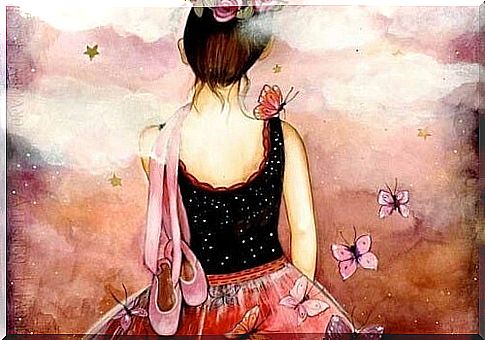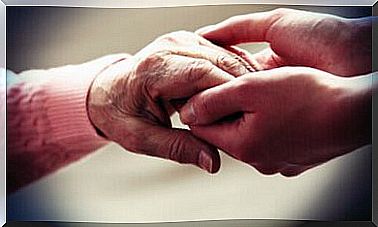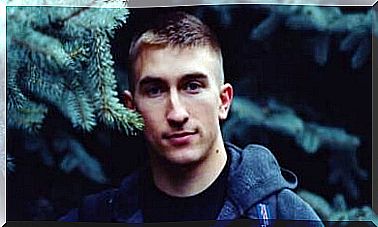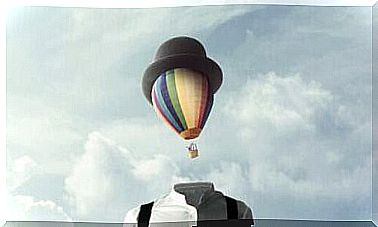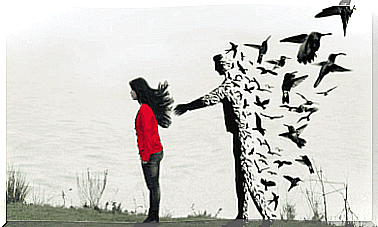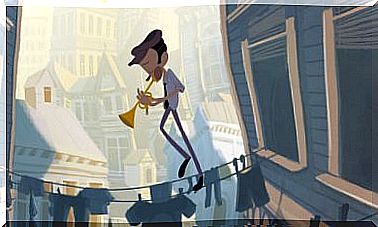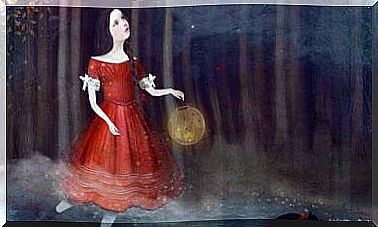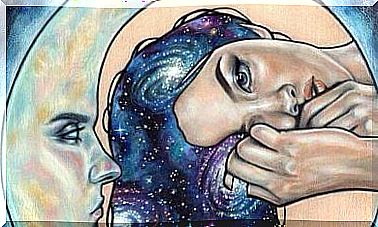We All Have Memories That Stir Our Souls
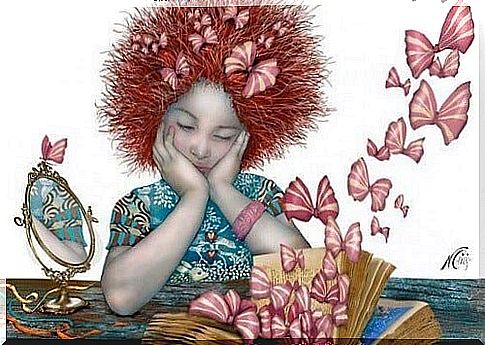
There are memories that all of a sudden stir our souls and give us a knowing smile, almost cheeky, but above all therapeutic.
In difficult times, there is nothing better than reviving our memory and letting ourselves be carried away, little by little, by the charms of yesterday’s happiness in order to then find strength again in our present.
It is often said that the memory remembers wonderful moments that no photograph will ever capture.
No electronic medium evokes smells, a thrill of pleasure on the skin, the taste of a kiss or the cool breeze of dawn.
We have to take into account one aspect about recollections and memory: despite what many may believe, this is not a big chest.
It is not a space with an infinite capacity where we store data, images and experiences that correspond faithfully to reality in order to be able to keep them under lock and key.
Memory, in reality, is like a canvas capable of creating, of bringing new tones, of transforming and even of erasing.

Memories and the lock of our consciousness
For William James, famous philosopher, psychologist and also brother of Henry James, memory and conscience are like a key and its lock.
Let’s take an example: when hearing a melody, our memory travels to a moment in the past. We don’t need a time machine.
It is an involuntary memory, one that we remember almost without realizing it throughout the day.
We all remain suspended for a few seconds in this haze of memory, in this moment which can have a positive or a negative component, until suddenly, our conscience calls us and “carries” us to make us pass through the lock of reality. .
This momentary, punctual and intense journey is not a total disconnection and without any use, but something well integrated in its turn into the consciousness itself.
We spend a large part of our life “remembering things, talking about our past”.
As neuroscience explains to us, memory is an eternal traveler who invites us to its large island to assess the past, be able to act in the present and thus plan our future.
All this remains integrated in our consciousness, in this flowery, chaotic and distinctive “whole” which characterizes each of us in an exclusive way.
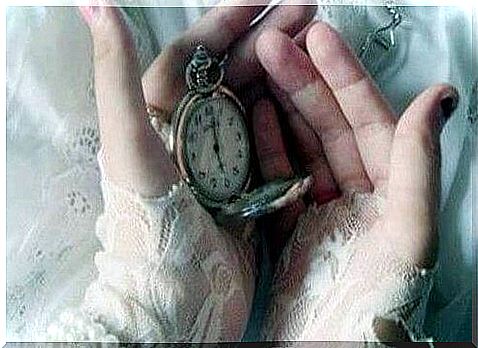
The need to be architects of our present to create positive memories
“Positive experiences create happy memories” .
Clearly, it is not always up to us to foster happy, joyous, or pleasurable experiences.
Sometimes the luck is not in our favor. There are disappointments, changes of direction along the way, traumatic experiences and even gray days.
We are going to come back to a point that we mentioned at the beginning: the fact that memory is not always a faithful reflection of events.
The same reality experienced by two people can be remembered in different ways by the two people.
We interpret what we see in one way or another. This is where the magic and mystery of human memory resides.
The brain is not a camera or a copier, the brain is a great performer.
However, here is a fabulous weapon placed at our disposal. We will now explain why.
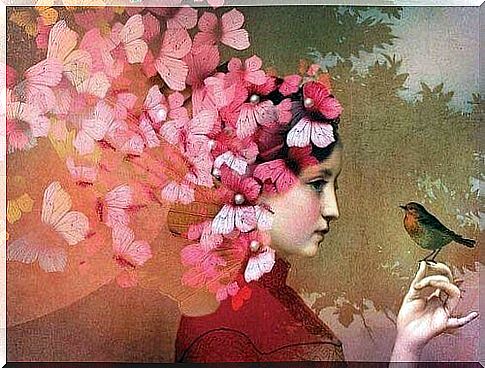
Memory and emotions
We can all be architects of our reality and use our memory and our emotions to move forward on our life’s path with greater strength and confidence. To do this, remember these strategies.
- Selective memory that allows us to heal wounds. Let’s give an example: you just broke up with someone.
One way to deal with grief is to avoid focusing our memories on negative or traumatic events.
In doing so, we move forward and become prisoners of suffering.
It is about accepting, being able to close a circle and allowing to give more value to the good memories lived before the negative ones.
Then we will see them as part of a “life worth living”.
- Memories can be a double-edged sword during depression.
According to an interesting study published in the journal Frontiers in Psychology , the encouragement a patient suffering from depression to remember happy moments of his past can be cons-productive.
We have seen that in these cases, the brain is unable to activate its reward circuits, since people are unable to relive or recall positive experiences.
